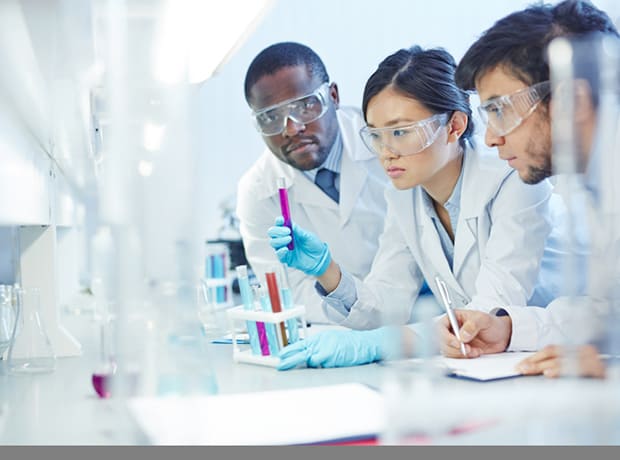Medicines Discovery Catapult and the Medical Research Council (MRC) Centre for Drug Safety Science (CDSS) at the University of Liverpool have announced plans to work together on the development of next generation human cell models to advance human based drug discovery.
The partners have signed a memorandum of understanding to combine their academic and industry expertise developing next generation 3D human cell models and creating new cellular platforms, which will be made available to drug discovery SMEs.
“Next generation 3D cell models will provide even better predictive and patient relevant data by mimicking human tissue architecture, microenvironment, and signaling,” the groups said.
Initially the new alliance will focus on the development of a next generation cardiac safety model, which will “enable companies to measure a broader range of patient relevant toxicities in a single assay”.
Further down the line, the plan is to combine the cell biology and pharmacology expertise of CDSS with Medicines Discovery Catapult’s organ-on-a-chip capabilities and know-how, “to explore ground-breaking opportunities to connect together multiple organ models to further improve patient relevance”.










